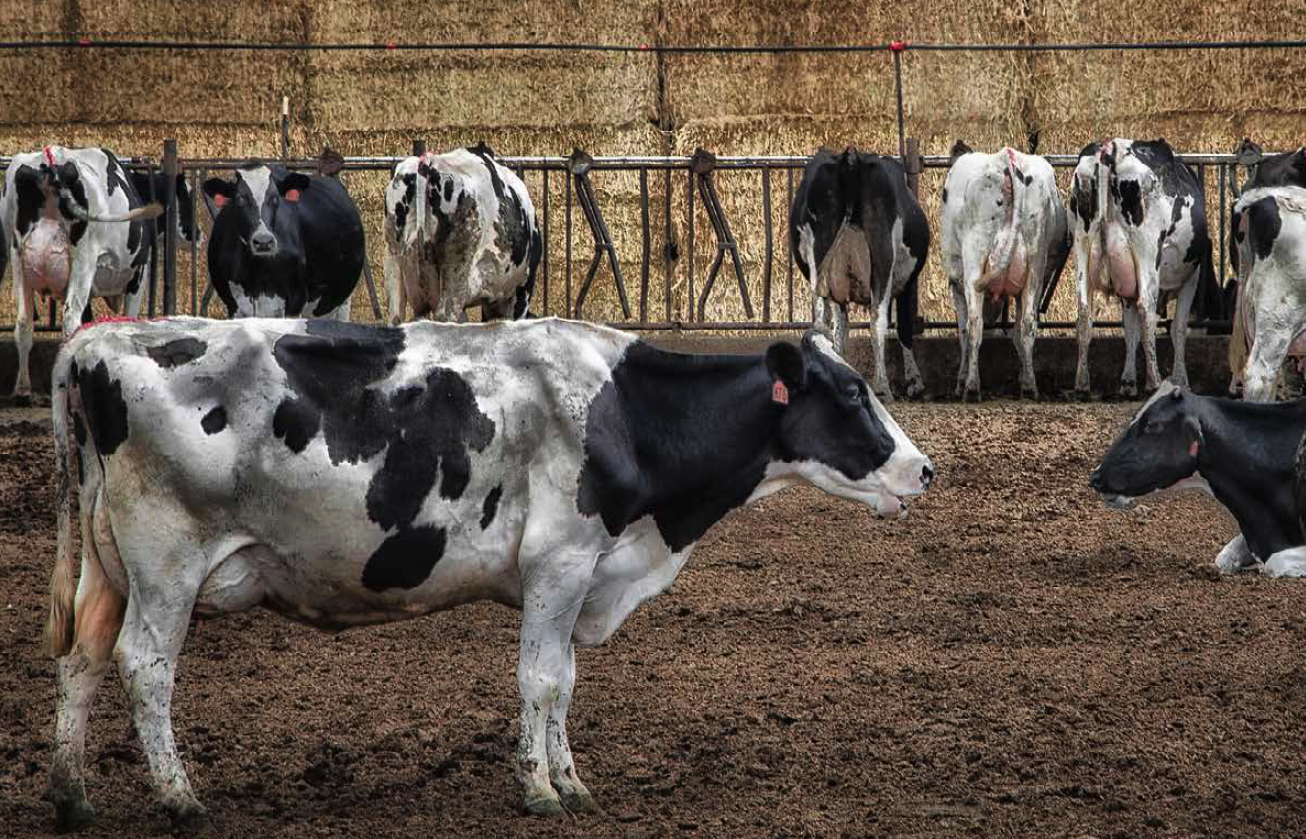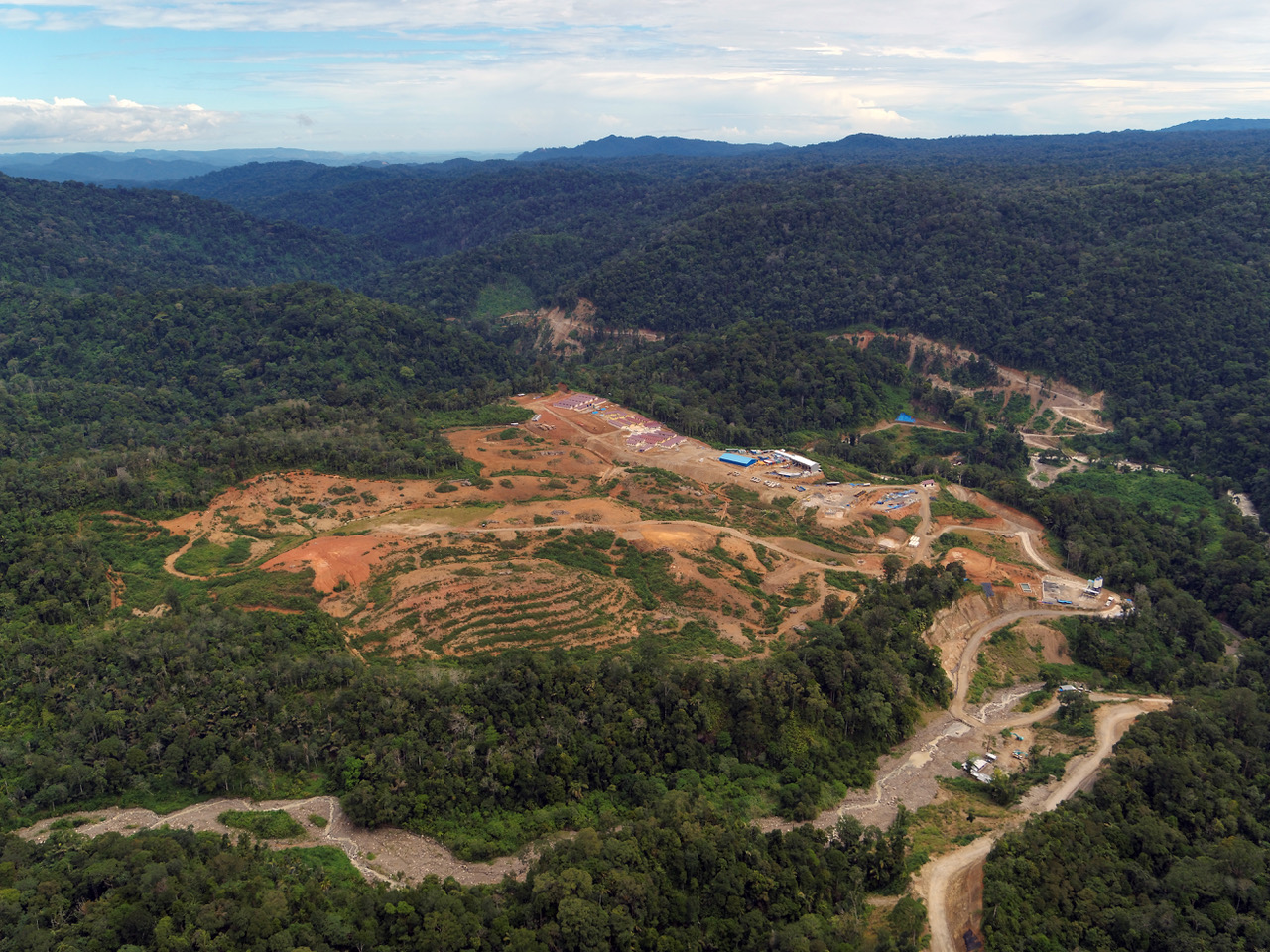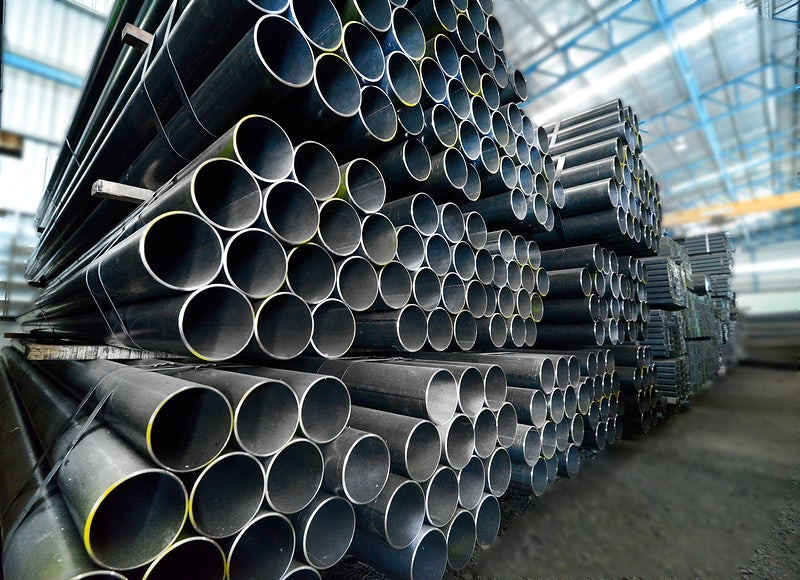
Call for COP30 to Tackle Climate Superheater
As world leaders meet in Belém, Mighty Earth urges UNFCCC to hold governments accountable for addressing livestock methane emissions within national targets, after new analysis reveals top five largest economies are turning a blind eye to the methane problem
Days from the start of COP30 in the Brazilian Amazon, Mighty Earth is releasing new analysis examining the policies of the world’s top five economies and their inaction on reducing a climate superheater – methane emissions from livestock farming. The report analyses policies and the Nationally Determined Contributions (NDCs) of the European Union (EU), the United States (US), Brazil, China and India. Mighty Earth is calling on the United Nations Framework Convention on Climate Change (UNFCCC), organizer of the COP conferences, to hold governments accountable for curbing methane emissions from industrial livestock, the single largest source of global methane emissions.
The Big Five
The EU, US, Brazil, China and India have the world’s largest cattle herds, but have not adopted specific reduction targets, developed large scale mitigation strategies, or introduced strong binding regulation to curb industrial livestock emissions, the report finds. These five nations emitted an estimated 1.8 billion tons of CO2 equivalent of agricultural methane in 2022, accounting for 45% of global agricultural methane emissions. The US, India and China are responsible for roughly half of global emissions and are not just turning a blind eye to methane, they’ve also turned their backs on the pre-COP Heads of State Summit taking place in Belém, over the next two days (6 – 7 November)
- Agriculture is the single largest source of methane in the EU, accounting for around 56% of total emissions. After a lengthy delay, the EU published its NDCs just days before COP. While its NDC stresses the importance of reducing non-carbon-dioxide emissions, particularly methane, it fails to set specific targets for agricultural emissions or industrial livestock.
- The US released 702.4 MMT of methane in CO2e in 2022, 11.1% of the country’s total emission footprint, with livestock agriculture the greatest source (192.6 MMT in CO2e from enteric fermentation, 64.7 MMT in CO2e from manure). Under the Trump administration climate targets have been rolled back, while massive subsidies for meat and dairy production make matters worse.
- As the world’s largest exporter of beef, and with the second largest herd size of any country, globally, 75.6% of Brazil’s methane emissions came from livestock in 2023, and yet it has no has no binding national methane target beyond the GMP pledge and its strategy is fragmented.
- Methane emissions in China reached about 56 million tonnes in 2022, accounting for 15.7% of the global total, with agriculture contributing roughly 30% of national emissions, but the country’s methane plan does not set specific targets on methane emissions from enteric fermentation.
- Most of India’s methane emissions come from small and marginal farmers but it has the largest dairy herd in the world, and its livestock sector has been industrializing. Its NDCs focus on improved livestock feed rather than gas reduction targets.
Global Methane Pledge at risk
The EU and the US jointly took the initiative for the Global Methane Pledge (GMP) in 2021, with 160 countries signing up to cut methane emissions by 30% by 2030. Halfway through this crucial decade of action and with five years to achieve the GMP target, global methane emissions are still rising, driven by industrial livestock farming. Without decisive action to address methane emissions from industrial meat and dairy production, the Global Methane Pledge will miss its 30% by 2030 target.
Jurjen de Waal, Global Methane Lead at Mighty Earth said:
“Cows are the new coal, and the methane they belch is a climate superheater. Tinkering with feed additives and manure management to tackle methane from cattle is not enough. We need to move away from industrial systems of beef and dairy production to sustainable farming practices and transition to diets with more plants.”
“With Brazil hosting COP30 this is a golden opportunity to get the Global Methane Pledge back on track, although this is more challenging with the absence of the leaders of the U.S, China and India. The UNFCCC needs to push these super emitters, to make rapid cuts to agricultural methane. This would help slow near-term global heating and maintain the goals of the Paris Agreement, to keep temperature rises to 1.5°C above pre-industrial levels.”
Methane matters
Methane is a climate superheater with a greenhouse gas warming effect 86 times greater than CO2 and is responsible for 30% of the world’s heating since the industrial revolution. It’s short-lived, staying in the atmosphere for about 12 years, meaning rapid cuts to methane emissions would slow global heating.
Mighty Earth is calling for:
- The UNFCCC to hold governments accountable for addressing livestock methane within NDCs and to ensure that climate ambition extends to all major emitting industries, particularly Big Ag.
- Brazil, as COP30 host, to show leadership in mitigating agricultural methane emissions, given its livestock industry is the primary driver.
- Policymakers to recognize and support the transition from animal to plant-based and alternative proteins as a core strategy for addressing global heating, nature loss, food security, and public health.
Ends
For more information or to arrange an interview please contact:
Carole Mitchell, Global Director of Communications (London)
[email protected]
+44 7917 105000
Syd Jones, Press Secretary (Washington D.C)
[email protected]
About Mighty Earth
Mighty Earth is a global advocacy organization working to defend a living planet. Our team has achieved transformative change by persuading leading industries to dramatically reduce deforestation and climate pollution throughout their global supply chains in palm oil, rubber, cocoa, and animal feed, while improving livelihoods for Indigenous and local communities across the tropics. www.mightyearth.org


